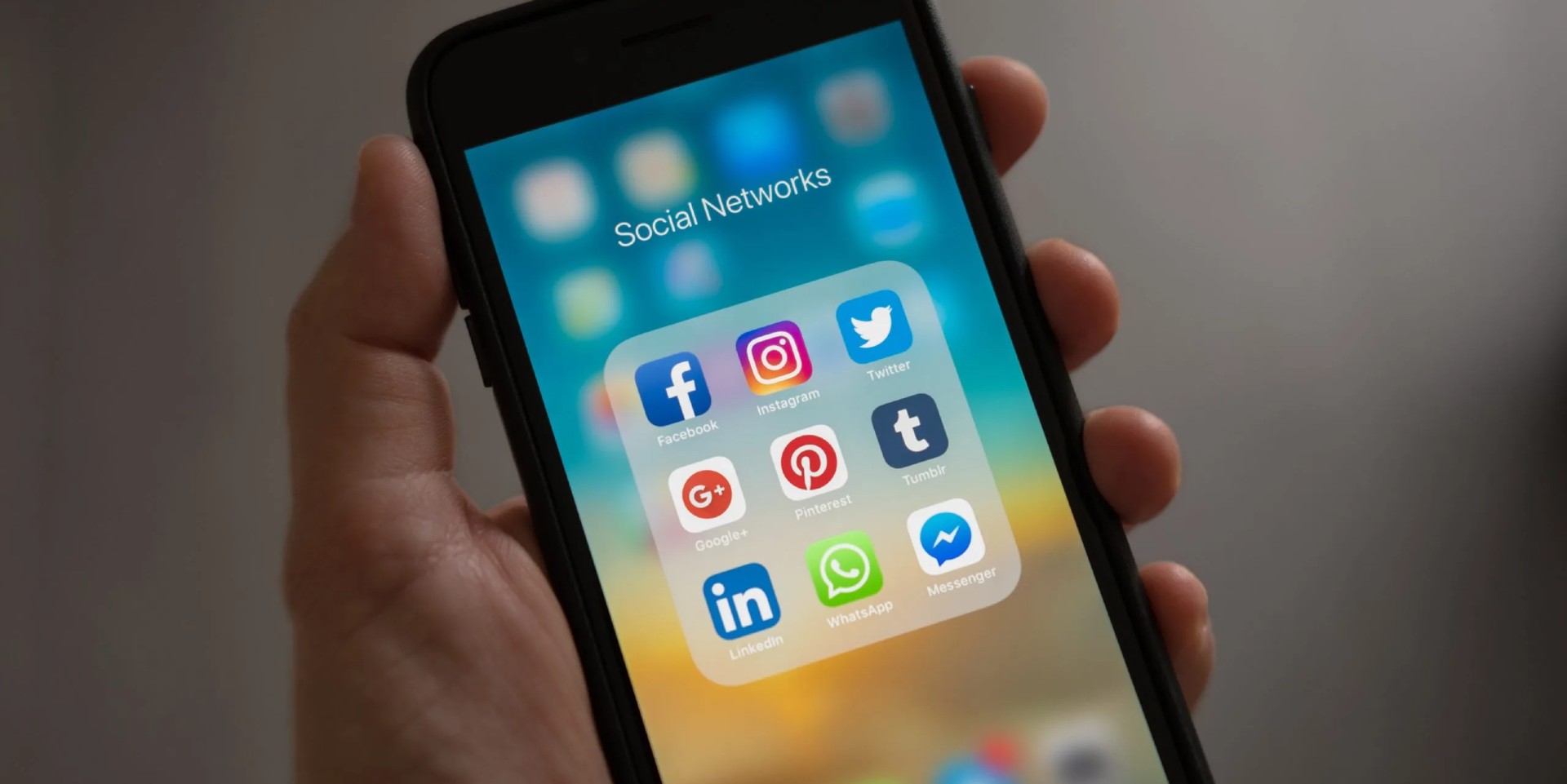What Is the Texas Bill That Could Ban Social Media for Anyone Under 18?

Since the beginning of the digital age, one primary concern has been about how it will impact the younger generation. Many of the fears center around how social media impacts teens’ mental health. Unfortunately, the platforms can and do expose teens to cyberbullying, distorted body images, or skewed views of self-harm. Studies have alleged that social media has increased the number of teens suffering from eating disorders, depression, and suicidal ideation.
It is difficult to say what the right response might be to the negative effects of social media. However, a new Texas bill aims to take action by banning all social media for anyone under the age of 18. Texas Representative Jared Patterson proposed H.B. 896 on December 7, 2022, which would greatly restrict social media access for adolescents. Much of the bill will only be possible if social media platforms agree to and cooperate with the stipulations it proposes.
What is the bill to ban social media in Texas?
The bill proposed by Patterson would render it illegal for any Texan under the age of 18 to hold a social media account. To work, the bill proposes that social media platforms be required to verify the age of social media users. Instead of just asking the child if they are of age, the child will have to provide a picture of their driver’s license (or another form of photo identification) along with a second photo of themselves with their driver’s license to prove they are 18. The info on the license would only be used for age verification and would not be stored or misused on the platform. Additionally, the bill would allow parents to request for their child’s social media account to be deleted. Social media accounts would have a maximum of 10 days to remove an account after receiving a request.
The bill suggests that if any social media platform has users who are under age, misuses or retains personal info from the identification process, or fails to remove an account within 10 days of a request, it will be considered a violation and a deceptive trade practice.
Patterson’s bill was proposed over half a year after the tragic Uvalde, Texas, school shooting that claimed the lives of 19 children and 2 adults. In August, Patterson slammed social media, alleging that the platforms ignored the shooter’s concerning content and behavior and failed to relay it to law enforcement despite it being reported by other users. He also pointed out the correlation between the rise of social media and a rise in teen suicide and depressive symptoms. Patterson concluded by likening social media to the “pre-1964 cigarette,” referring to the era when smoking was advertised and encouraged before being deemed unsafe.
Will the social media ban bill pass?
It is unlikely that Patterson’s bill will be passed. Scott Babwah Brennen, an online policy specialist, pointed out that the bill was too broad. It simply references “social media,” failing to name specific platforms, apps, or companies where the bill would apply. Meanwhile, tackling every single social media platform doesn’t seem feasible. Brennen anticipated there would be pushback from tech companies, as well.
The bill might be a little bit extreme in raising the minimum age to use social media so high. Also, the idea of parents being able to get their child’s account deleted is a function that would likely be abused. As the bill itself also notes, tighter age verification processes—while definitely necessary—could cause sensitive user information to be stored, breached, or misused. Plus, it is difficult to see any social media company agreeing to all the stipulations of the bill. The bill most likely won’t become a reality, though it does raise questions regarding the correct way to tackle the dangers of social media.
(via: Gizmodo, featured image: Tracy Le Blanc, Pexel)
Have a tip we should know? tips@themarysue.com